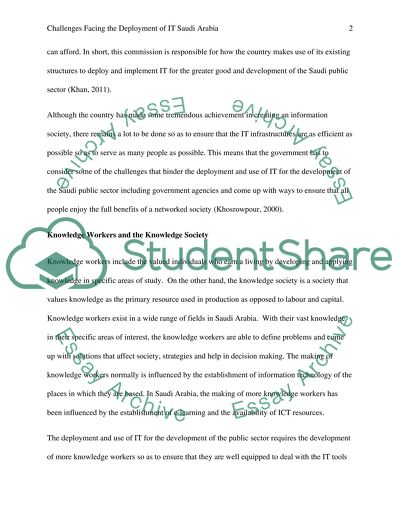Cite this document
(“The Challenges Facing the Deployment and Use of IT for the Development Literature review”, n.d.)
Retrieved from https://studentshare.org/other/1426752-the-challenges-facing-the-deployment-and-use-of-it
Retrieved from https://studentshare.org/other/1426752-the-challenges-facing-the-deployment-and-use-of-it
(The Challenges Facing the Deployment and Use of IT for the Development Literature Review)
https://studentshare.org/other/1426752-the-challenges-facing-the-deployment-and-use-of-it.
https://studentshare.org/other/1426752-the-challenges-facing-the-deployment-and-use-of-it.
“The Challenges Facing the Deployment and Use of IT for the Development Literature Review”, n.d. https://studentshare.org/other/1426752-the-challenges-facing-the-deployment-and-use-of-it.


